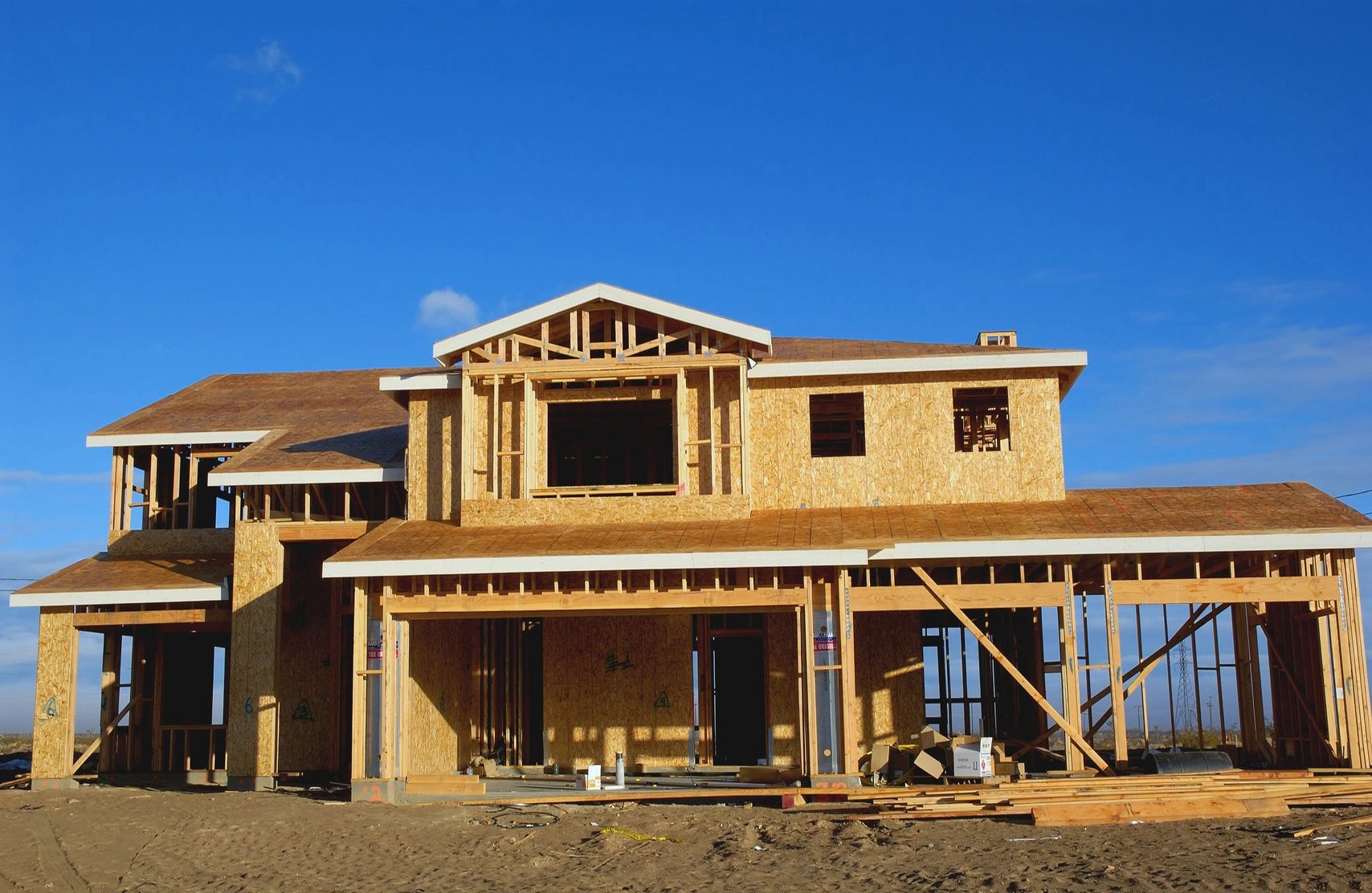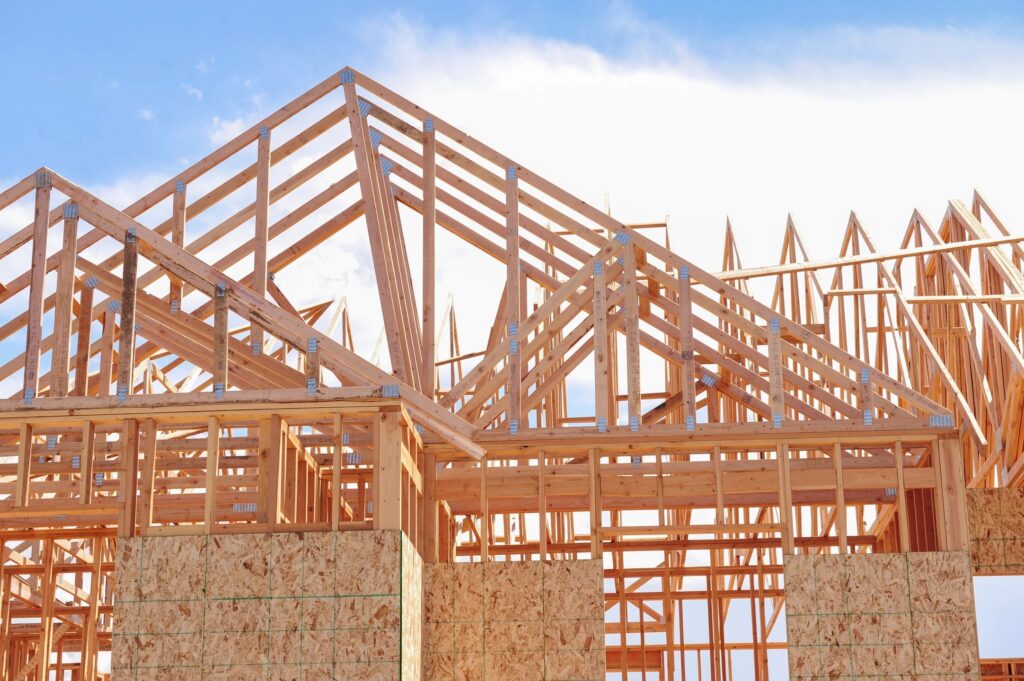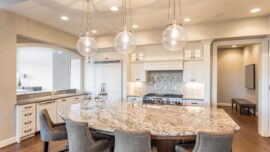
7 Mistakes to Avoid When Building a Custom Home
Building a custom home is a significant investment and an exciting journey into creating a personalized space that aligns perfectly with your lifestyle and preferences. However, the path to realizing your dream home is fraught with potential pitfalls that can derail your project, leading to unnecessary expenses and disappointments. Below, we outline seven critical mistakes to avoid to ensure that your home-building experience is as smooth and successful as possible.
1. Underestimating the Financial Requirements
A foundational aspect of any successful home-building project is establishing a realistic budget. Many homeowners fall into the trap of not accurately projecting the costs involved, which includes not only the price of materials and labor but also often overlooked expenses such as permits, design fees, and unexpected increases in materials costs. To mitigate this risk, engage with several experienced contractors to get detailed, written estimates and budget for an additional 10-20% for unforeseen expenses to ensure financial readiness.

2. Selecting an Incompatible Builder
The choice of builder will profoundly impact the quality, timing, and overall success of your building project. Choosing the wrong builder can lead to numerous problems, including poor craftsmanship and significant delays. Conduct thorough research by checking the builder’s credentials, reviewing their portfolio of completed projects, and reading client testimonials. An initial investment in vetting potential builders can save a tremendous amount of time and money.
3. Overlooking Future Lifestyle Changes
While it may be tempting to design your home solely around your current needs, it’s crucial to consider long-term suitability. Think about potential lifestyle changes, such as family expansion or elderly accessibility, that might necessitate different home features. Additionally, consider the home’s resale value; incorporating overly personalized or unusual features might negatively impact its marketability should you choose to sell in the future.
4. Compromising on Location
The adage “location, location, location” holds particularly true in real estate. The temptation to settle for a less desirable location because of a lower price can be strong, but it is important to consider the implications on your daily life and the home’s future value. Proximity to quality schools, amenities, and pleasant surroundings often outweighs the initial savings of a cheaper, less ideally located plot.

5. Assuming You Can DIY Complex Tasks
Many ambitious homeowners consider taking on part of the construction effort themselves to cut costs. However, complex home-building tasks require professional skills and knowledge of building codes and regulations. Engaging with professionals not only ensures that your home meets all legal standards but also safeguards against costly mistakes that could arise from inexperienced work.
6. Neglecting Adequate Storage Solutions
Storage is a critical component of home design that is often underprioritized until after move-in. Adequate storage solutions help maintain a clutter-free and organized home. Plan for ample storage in multiple areas of the home, including the garage, attic, and basement, and consider built-in solutions that can enhance both the functionality and aesthetics of the spaces.
7. Ignoring Environmental and Energy Considerations
Sustainable building practices are not only good for the environment but can also provide significant cost savings over time. Ignoring the potential for energy-efficient design and materials can result in higher utility costs and a larger carbon footprint. Incorporate sustainable features such as solar panels, energy-efficient appliances, and materials that provide better insulation to enhance your home’s efficiency and comfort.
Final Thoughts
By avoiding these seven common mistakes, you can significantly enhance the success of your custom home-building project. It’s essential to approach the process with thorough planning, realistic budgeting, and a clear understanding of your long-term needs. Engage with professionals who can guide you through the complexities of construction and help realize your vision for a perfect home.




